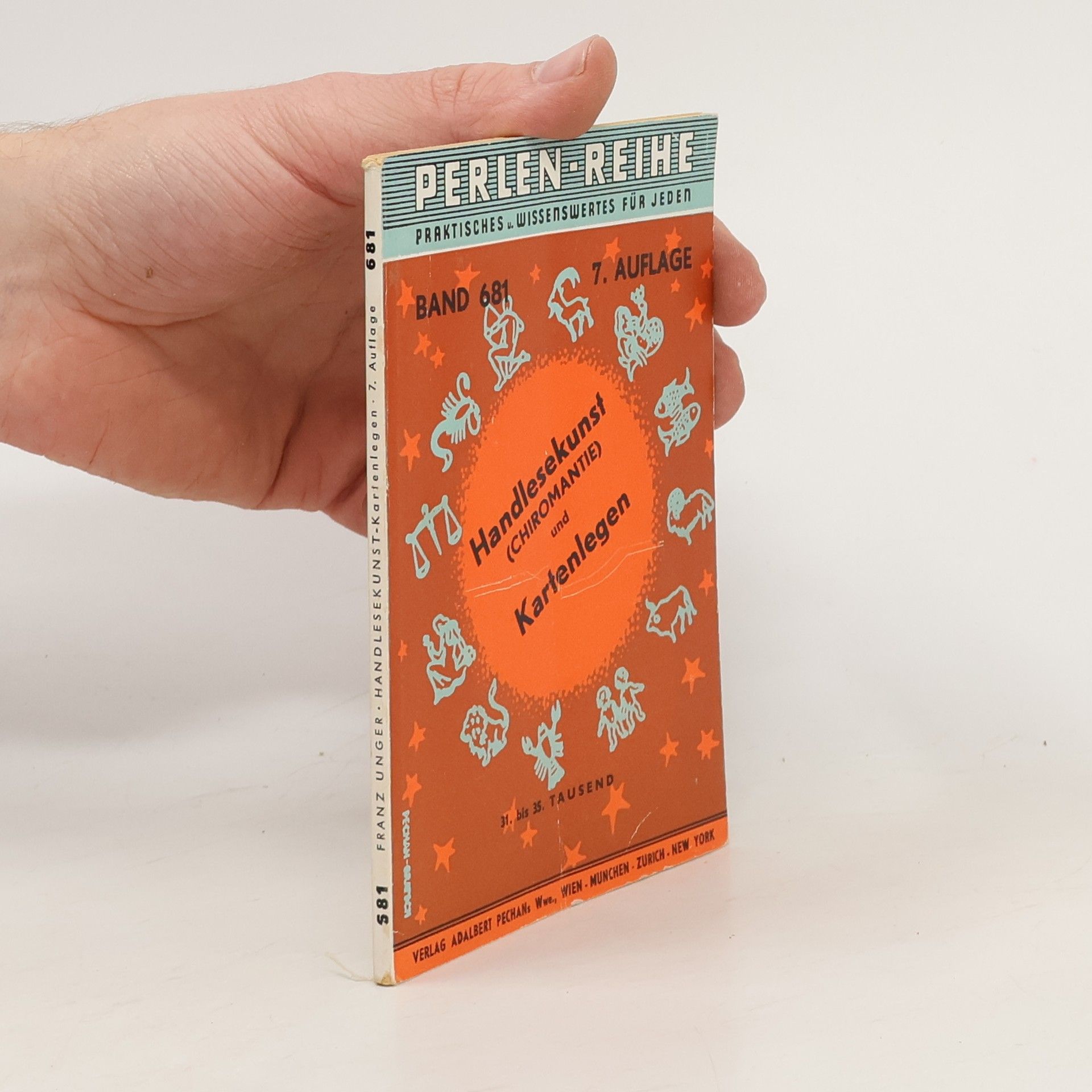Franz Unger Livres
Franz Unger fut un botaniste autrichien notable dont les recherches révolutionnaires au milieu du XIXe siècle ont radicalement modifié notre compréhension de la physiologie végétale. Il a méticuleusement étudié les processus de nutrition et de respiration des plantes, remettant en question les théories établies et proposant de nouveaux modèles soutenus par des preuves empiriques. Le travail d'Unger se caractérisait par sa méthodologie scientifique rigoureuse et son œil avisé pour l'observation détaillée, jetant ainsi les bases cruciales pour les générations futures de scientifiques des plantes. Ses contributions ont fait progresser significativement le domaine, comblant le fossé entre la botanique descriptive et la physiologie expérimentale.




